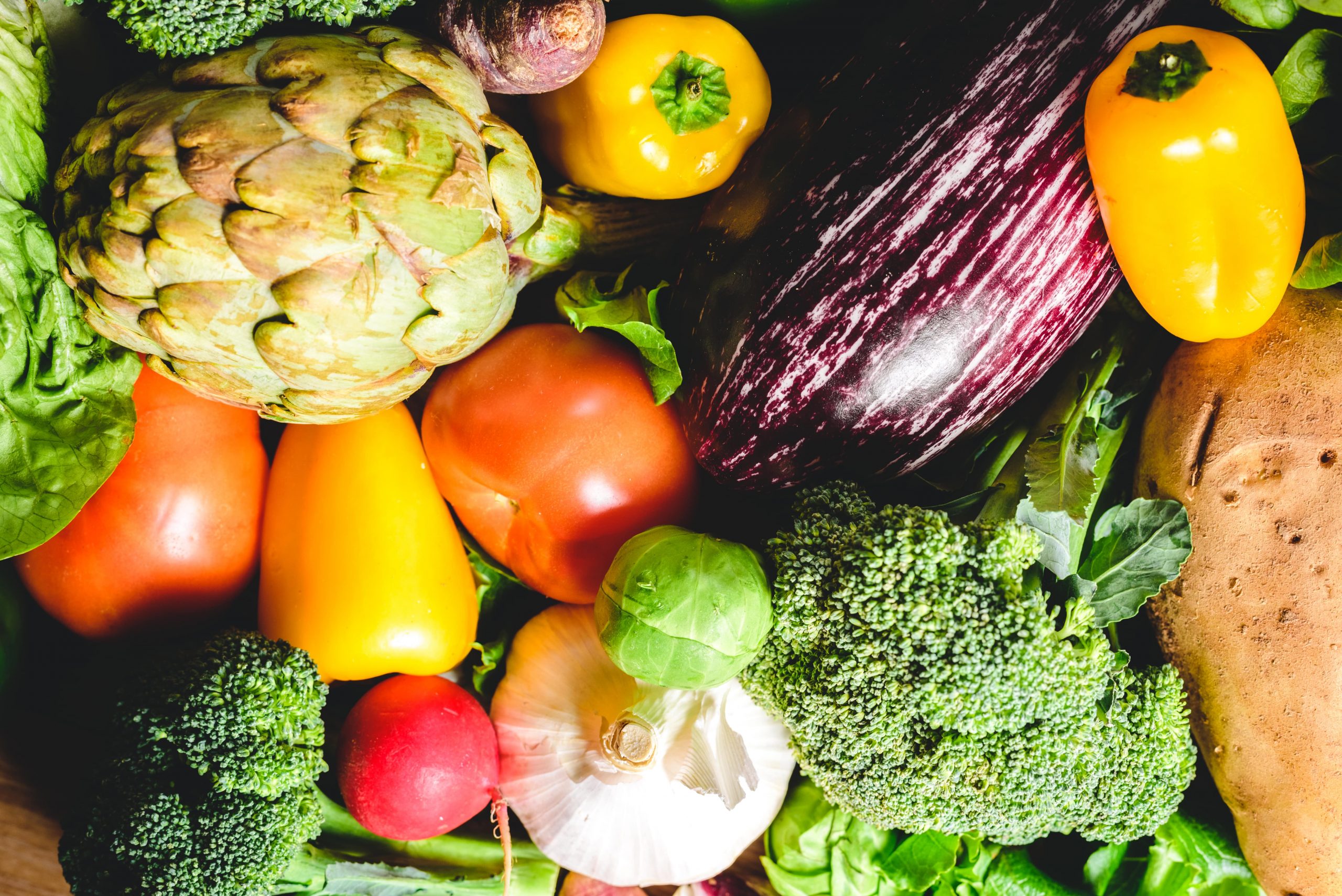Vegetable Gardening is a great way to provide fresh, healthy food to your family. It also helps to reduce your environmental footprint and save money at the grocery store.
It’s a simple task that can be done by anyone who’s willing to put in the time and effort. Whether you’re a beginner or a seasoned vegetable gardener, here are some things to keep in mind as you get started on your own veggie patch.
Choose a good spot for your garden
The first thing to remember is that the location of your garden will determine how well it will grow. It should be in a sunny spot and near a source of potable water. It’s a lot easier to care for a garden when it’s near a supply of water.
Prepare the soil properly for vegetables
Soil is the foundation of any garden. It holds water, aerates the air, and supplies nutrients to plants. Vegetables thrive in soil that’s well-drained and contains plenty of organic matter, such as manure or compost.
If your soil is too rocky or compacted, it will interfere with root growth and make for weak plants. Rake the soil level and add lots of rotted manure or compost before planting.
Seeding the garden
Vegetable seeds are often purchased from a nursery, but they’re also available at your local farm market or grocery store. Many vegetables can be direct sown outdoors, but you should check the growing instructions on your seed packet to ensure that they’re suited to your area.
Planting your vegetable garden can be an exciting project, but it’s important to start small and work your way up as you gain experience. A 6×6 foot plot is a good place to begin, with room for growing up to five different vegetables.
Block gardening allows you to use the space more efficiently by allowing you to mix and match the same vegetable varieties in separate blocks. For example, ring a block of carrots with onions or interplant radishes and lettuce.
Preventative Pest Control
Using natural, non-toxic pest control is an important part of successful vegetable gardening. You can protect susceptible crops with barriers, spray the leaves of affected vegetables or even reduce a population of nuisance slugs by removing hiding places around their food sources.
You can also add flowers to your garden to discourage pests and attract pollinators, but be careful not to overdo it! Flowering plants don’t take up much space and can improve your vegetable garden’s productivity by attracting predators like hoverflies that will help you control pests.
Soil and weeds
You should regularly inspect your vegetable garden to weed it and remove any weeds that may be present. This will help to keep the soil healthy and prevent diseases from spreading. You should weed in the morning, before it gets hot, and after it’s cooled off in the evening.
You can also plow and spread mulch around your vegetable garden, which will keep the soil soft and add moisture to it. A layer of organic mulch will also suppress weeds.
